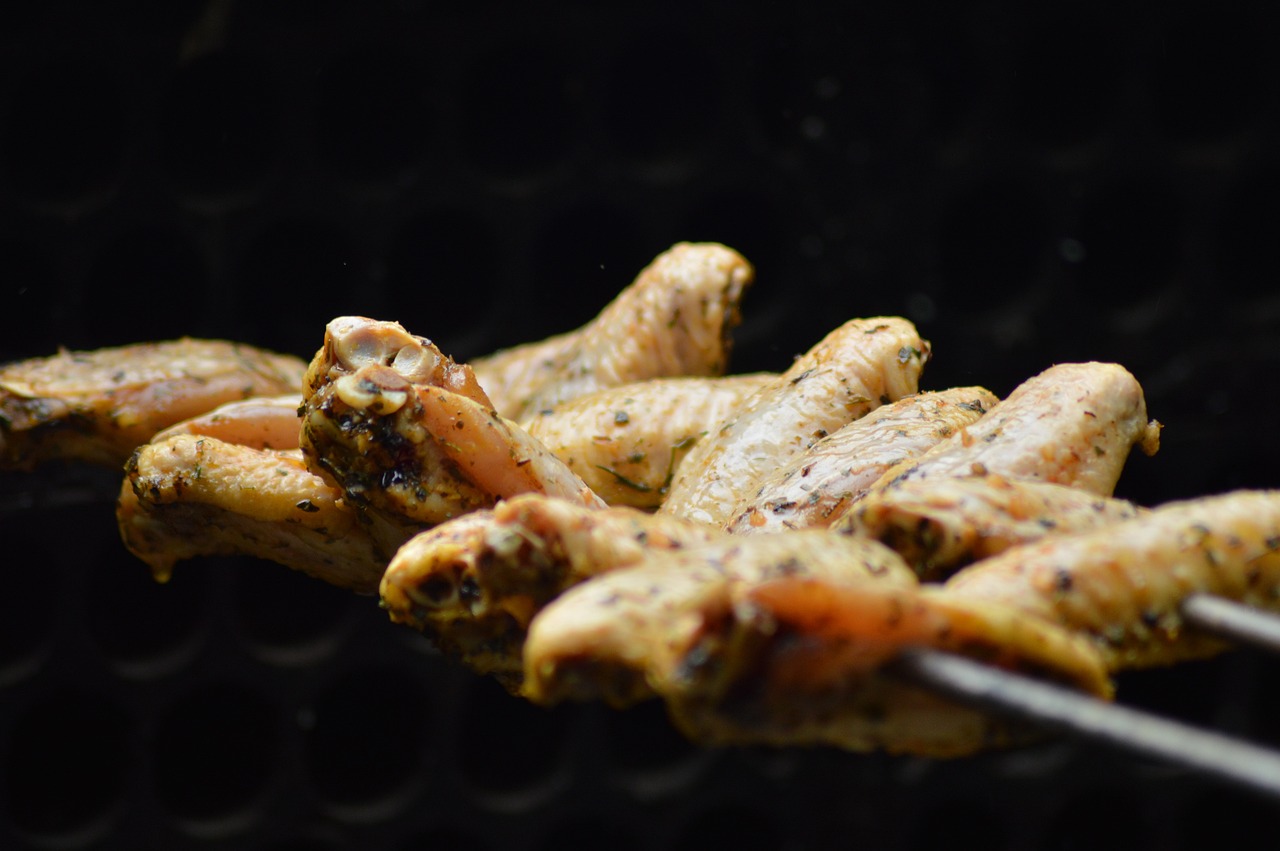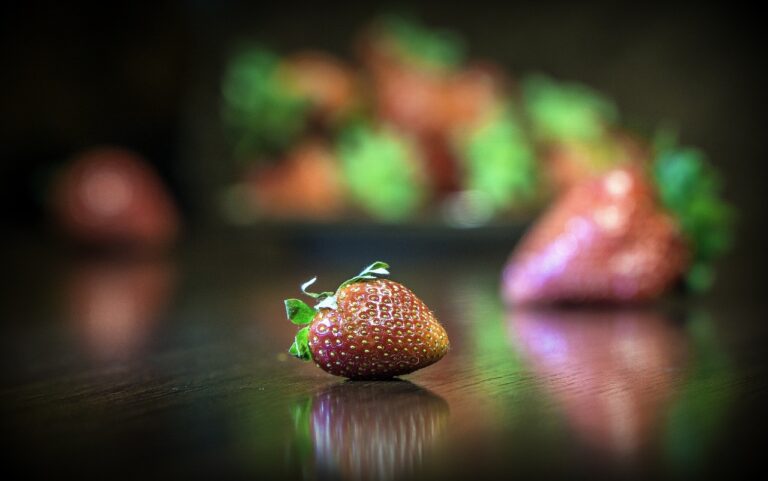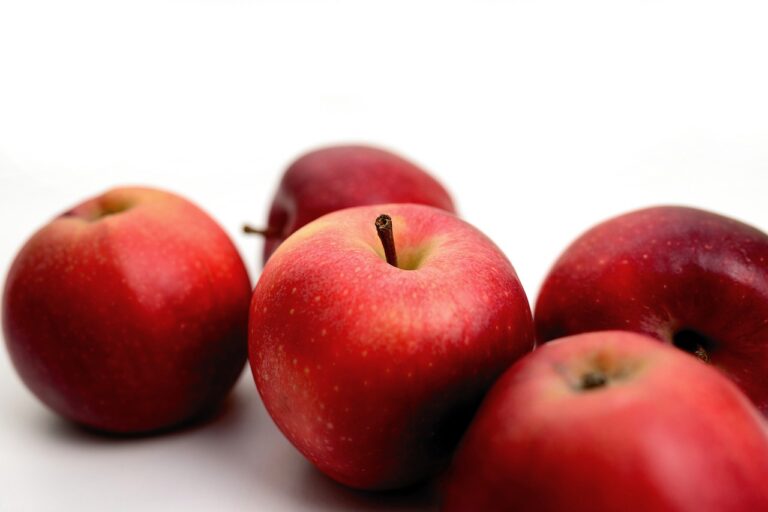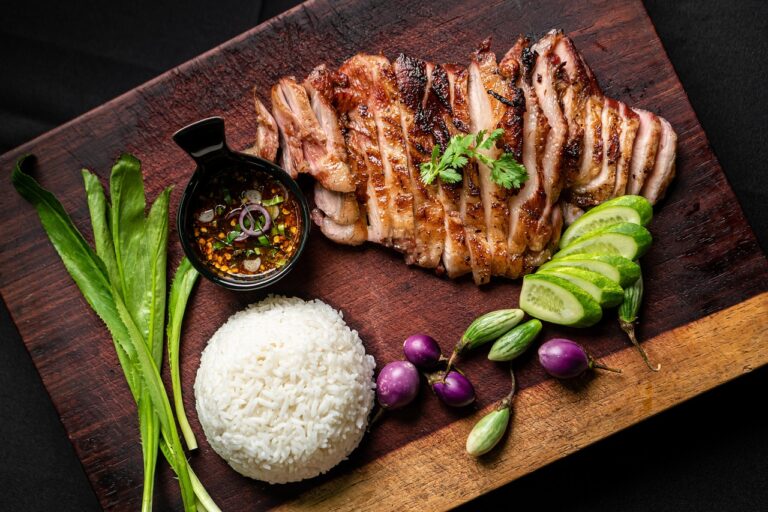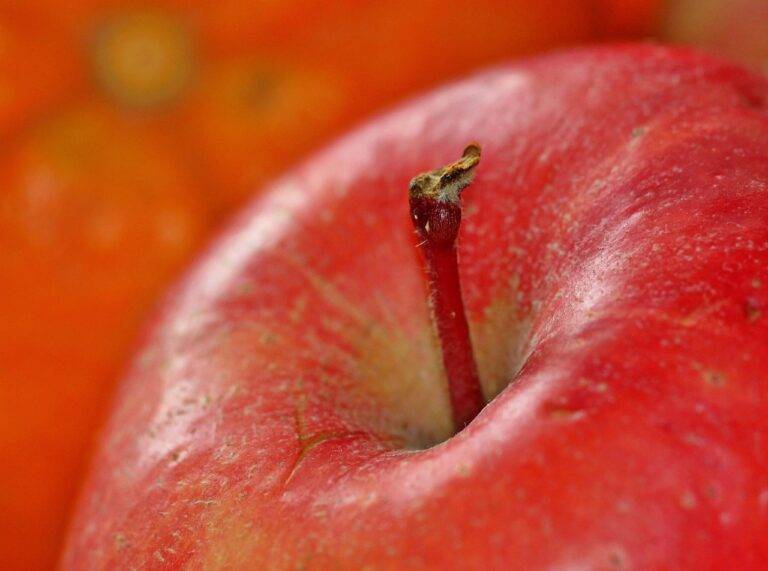Olive Oil Production Techniques: Traditional vs. Modern Methods: 11xplay, Laser 247.com, Skylivecasino login
11xplay, laser 247.com, Skylivecasino Login: Olive oil has been a staple in Mediterranean cuisine for centuries, known for its rich flavor and numerous health benefits. The production of this liquid gold has evolved over time, with traditional methods giving way to more modern techniques. In this article, we will explore the differences between traditional and modern olive oil production methods, and how they impact the quality of the final product.
Traditional Olive Oil Production Techniques
Traditional olive oil production techniques have been used for thousands of years, dating back to ancient times. These methods typically involve harvesting olives by hand and pressing them using stone mills or wooden presses. The olives are crushed to extract the oil, which is then separated from the solids and water through a process of pressing and decantation.
One of the key characteristics of traditional olive oil production is the use of cold-pressing, which involves pressing the olives at low temperatures to preserve the flavor and nutritional properties of the oil. This method is believed to yield a higher quality oil with a more robust flavor and higher levels of antioxidants.
Another important aspect of traditional olive oil production is the use of natural fermentation to extract the oil from the olives. This process allows the oil to develop its unique flavor profile and aroma, which can vary depending on the region and type of olives used.
Modern Olive Oil Production Techniques
In recent years, modern olive oil production techniques have become more prevalent, thanks to advances in technology and equipment. These methods typically involve mechanical harvesting and milling, which are more efficient and cost-effective than traditional hand harvesting and pressing.
One of the main differences between traditional and modern olive oil production is the use of centrifuges to extract the oil from the olives. This process allows for faster extraction and higher yields, but some argue that it may also compromise the flavor and nutritional quality of the oil.
Modern olive oil production also often involves the use of additives and chemical processes to improve the quality and shelf life of the oil. While these techniques may help to standardize the flavor and aroma of the oil, they can also detract from its natural qualities and health benefits.
Which Method is Better?
The debate between traditional and modern olive oil production techniques is ongoing, with proponents on both sides arguing for the superiority of their chosen method. Traditionalists believe that the old-fashioned methods yield a superior product that is richer in flavor and nutrients, while modernists argue that technological advances have improved the efficiency and consistency of olive oil production.
In the end, the choice between traditional and modern olive oil production techniques comes down to personal preference and priorities. If you value the artisanal qualities of olive oil and are willing to pay a premium for a high-quality product, you may prefer the traditional methods. On the other hand, if you prioritize efficiency and affordability, you may opt for oils produced using modern techniques.
FAQs
Q: Are traditional olive oil production methods more sustainable than modern techniques?
A: Traditional olive oil production methods are often more sustainable because they rely on natural processes and minimal use of chemicals or additives. However, modern techniques can be more efficient in terms of water and energy consumption.
Q: Does the method of olive oil production affect its health benefits?
A: Some studies suggest that traditional olive oil production methods, such as cold-pressing and natural fermentation, may yield oils that are higher in antioxidants and other beneficial compounds. However, more research is needed to definitively prove this.
Q: How can consumers tell if an olive oil was produced using traditional or modern techniques?
A: To determine how an olive oil was produced, look for labels or certifications that indicate the production method. Oils labeled as “cold-pressed” or “extra virgin” are more likely to have been produced using traditional methods.
In conclusion, the choice between traditional and modern olive oil production techniques ultimately comes down to individual preferences and values. Both methods have their own advantages and drawbacks, so it’s important to consider what matters most to you when selecting an olive oil for your kitchen. Whether you prefer the rich flavors of traditional olive oil or the efficiency of modern production methods, there is a wide range of options available to suit your needs.

